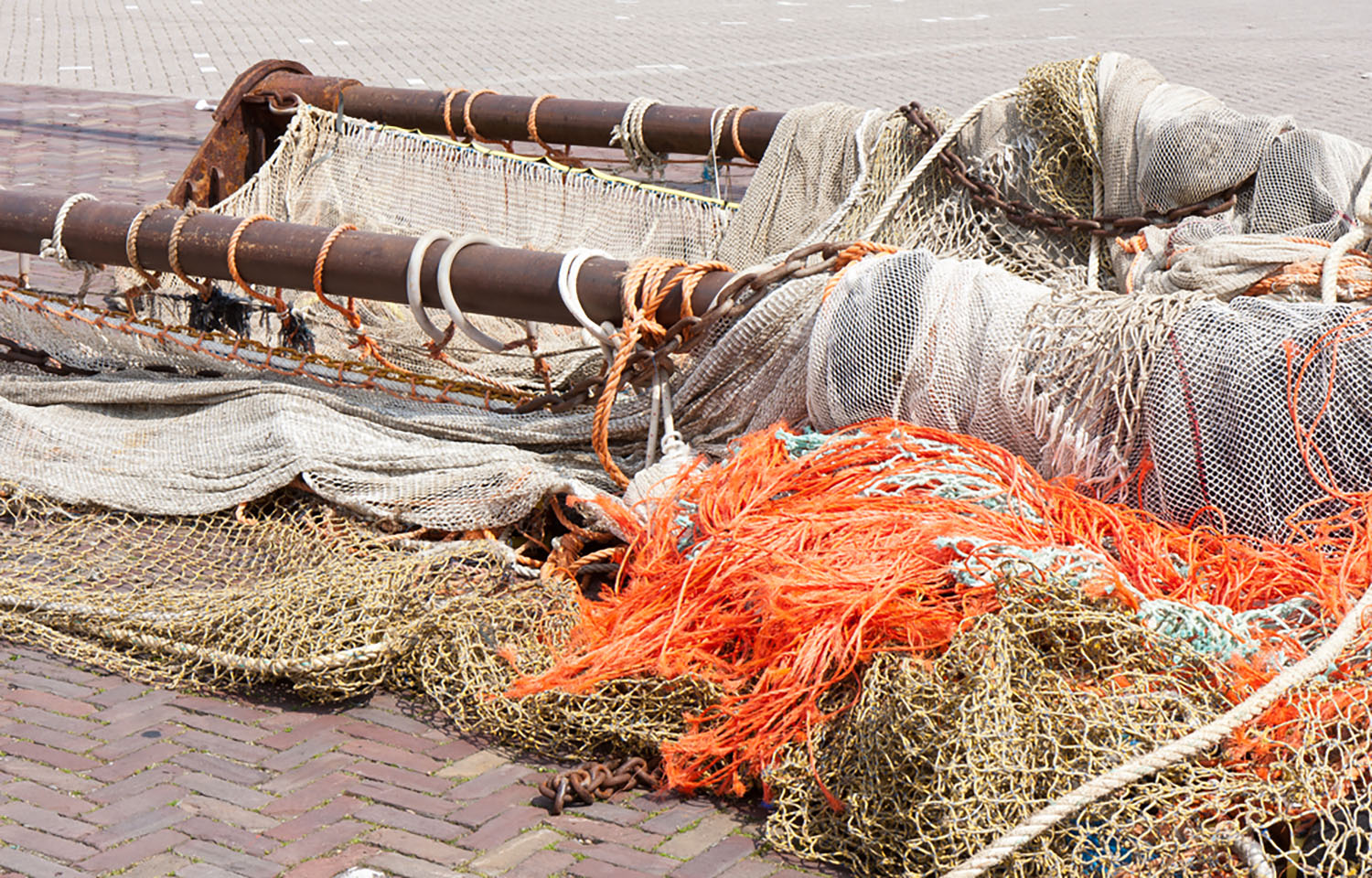The subsidization of industrial trawl vessels, particularly bottom trawlers, actively harms marine environments and needs to come to an end, according to Bloom – a Paris, France-based nonprofit focused on the betterment of fisheries, climate efforts, and livelihoods dependent on marine environments.
The nonprofit outlined this argument in a recent assessment concerning the economic, social, and ecological performance of French fisheries, specifically focusing on public subsidies granted to the French fishing sector between 2020 and 2022.
The study used a new methodology for analyzing what Bloom describes as a “marine footprint” of fishing activities, which accounts for human activities when evaluating the sustainability of fisheries. According to this new methodology and assessment, trawlers are responsible for 84 percent of landings involving overexploited seafood resources while also significantly harming the health of relevant economies and livelihoods.
“In the same way that a broad trend in economics is moving away from the idea that GDP is an adequate indicator for measuring the wealth of nations, the fishing sector can no longer be examined solely through the indicator of productivity,” Bloom said.
When applying the marine footprint methodology, Bloom found that trawls and seines over 24 meters in length are largely responsible for the destruction of essential seabed environments, overexploitation of target species, catches of juvenile fish, low job-creation capacity, little to no added value, and high carbon footprint and carbon dioxide emissions.
Specifically, Bloom found industrial and deep-sea bottom trawlers generate two to three times fewer jobs and almost half the added value of products than fleets using passive gear – identified as those using lines, traps, and nets by the assessment.
Using European public data on the French fishing fleet, the authors hope the data will support better public decisions supporting healthy fisheries, the environment, and strategies to tackle the climate crisis, along with more sustainable food systems.
“The marine footprint argues for a much broader ecosystem approach than the current understanding of sustainability, considering the impact of activities on the abundance of target animal populations, the maintenance of biodiversity and habitat integrity, as well as a range of social and economic criteria such as public subsidies allocated to activities or jobs created per ton of fish caught,” Bloom said.
As for the essential role subsidies play in keeping trawling operations successful, the report highlighted that the profitability of fleets using bottom trawls and seines is dependent on public subsidies so much so that every 1 kilogram of resources caught is subsidized at between EUR 0.50 and 0.75 (USD 0.54 and 0.81). Other fleets receive subsidies at less than EUR 0.30 (USD 0.33) per kilogram landed.
“The profitability of large bottom trawls and seines is, therefore, artificial, with exorbitant social and environmental costs borne by taxpayers and natural ecosystems,” Bloom said. “In contrast, the profitability of all passive fishing gear does not depend on public funding. Thus, the multifactorial assessment prepared by the research group argues for an end to the massive subsidization of industrial vessels using trawls, especially bottom trawls.
The study’s methodology was developed by a multidisciplinary research group dedicated to planning a transition of fishing toward the priority of social-ecological factors, including researchers from L'Institut Agro, AgroParisTech, and EHESS-CNRS in collaboration with The Shift Project and the L'Atelier des Jours à Venir cooperative.
Photo courtesy of T.W. van Urk/Shutterstock







